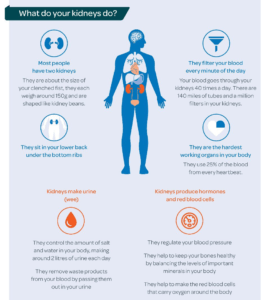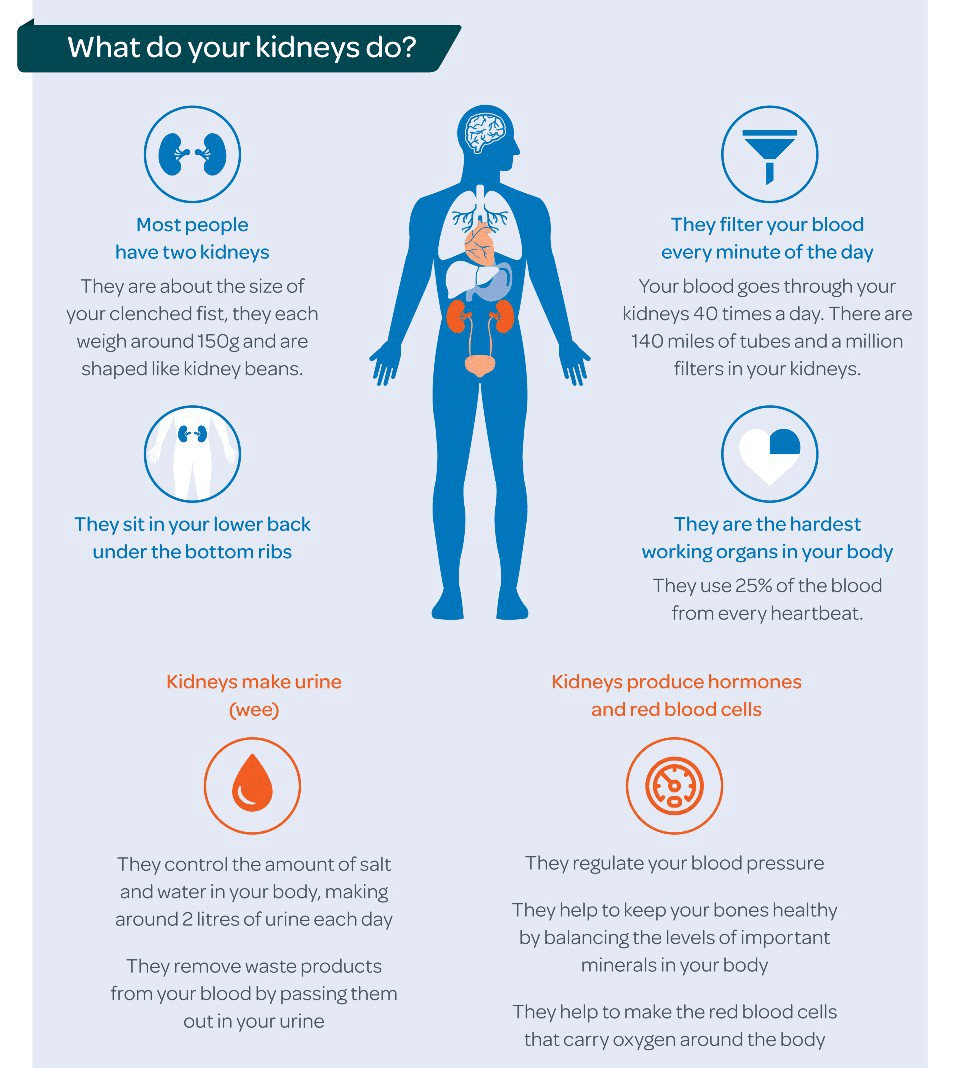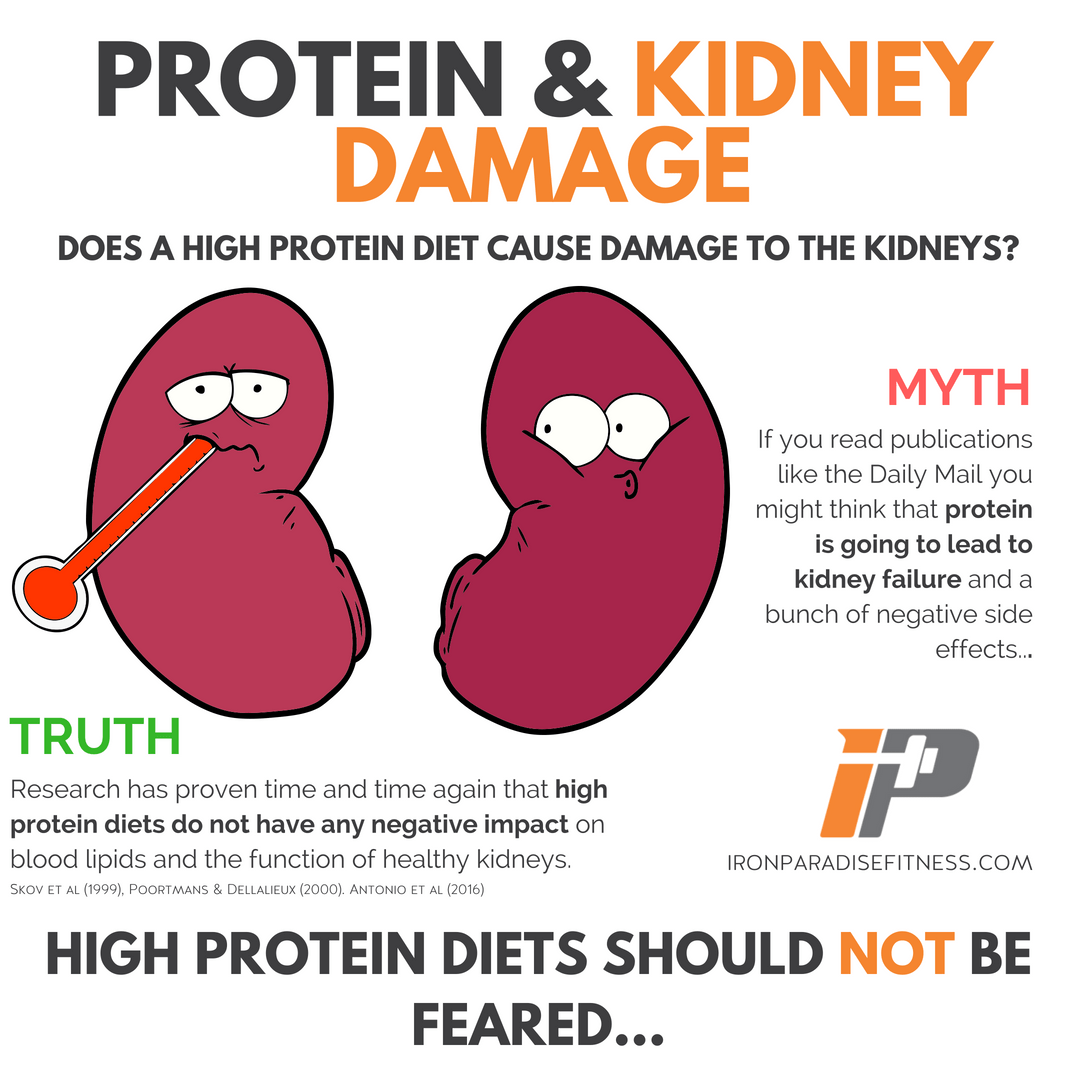
Protein bars for the health of your kidneys can be very beneficial if you are looking to improve your overall health. If you are suffering from any type of kidney ailment, then protein bars for the kidneys can actually help to improve your condition.1 However, these products should not be considered a cure-all and should only be used along with other natural treatments. There are certain issues and conditions that these protein bars can actually aggravate, which means that they should only be taken in conjunction with a proper kidney diet.
Unfortunately, not everyone has the same kidneys or digestive system. Therefore, not everyone can consume protein bars for the kidneys as a part of their daily protein diet. As you know, the body needs a good amount of energy in order to keep operating properly. Protein bars are a good source of essential amino acids like protein, which helps in the synthesis of proteins, amino acids, and other compounds needed by the body. When the body does not get enough protein, it will have a shortage of these building blocks, leading to muscle cramps and fatigue, as well as the loss of energy levels. Over time, the muscles begin to lose their ability to function properly because of a lack of protein.
Can Protein Bars Affect Your Kidneys?
The main cause for concern with regards to protein is the amount of protein that is being consumed in your diet, which can vary from person to person depending on their age, gender, body mass index, and physical activity level.2 If you have been consuming very low amounts of protein and experiencing kidney-related problems, then it would be a good idea to see a doctor right away.
Some of the symptoms that are associated with kidney failure include fatigue, jaundice, nausea, and vomiting. These symptoms may be accompanied by the presence of blood in the urine. The amount of blood in the urine may be normal or extremely high.3 You should always see your doctor and make sure that your symptoms are not caused by a kidney infection.
Protein bars are not necessarily going to decrease the risk of kidney failure, and some experts feel that the consumption of protein is beneficial for the kidneys because it stimulates the immune system, which may help fight infections, but not keep them away. They also believe that it increases the flow of urine which is beneficial to the kidneys.

The Benefits Of Protein Bars For The Kidneys
When you are looking at the various benefits of protein bars for your kidneys, you need to take into consideration some important facts. First of all, protein is necessary to build muscle as well as preserve it after strenuous exercises, such as that which occurs when one undertakes weight training or bodybuilding.
Also, protein assists in reducing the build-up of uric acid (urate) in the body and can thus, be of particular benefit to people with gout or those who have developed a predisposition towards kidney disease. But protein has even more important benefits for overall health and wellbeing in general.
One of the main benefits of protein bars for the kidneys is that they provide a fantastic source of essential minerals. As well as protein, many of these bars contain BCAAs and other amino acids, which are good for helping maintain proper kidney function. 4 They also provide a number of vitamins, minerals, and antioxidants, which can help to maintain kidney health. For example, protein helps to build cell walls and may even help prevent certain kidney cancers.
As a result of their rich content in protein and other nutrients, protein bars for the kidneys are excellent dietary supplements. Of course, the best part about them is that they do not need to be purchased in large quantities to get the benefits. One large protein bar serves as much as 35 grams of protein, which is just about the amount needed to improve kidney health. You can easily get these products at health food stores or online.
Another one of the benefits of protein bars for the kidneys is their cost-effectiveness. Unlike many other dietary supplements, protein bars for the kidneys are made with simple natural ingredients. This makes it easy to add them to your diet without worrying about adding too many unnecessary ingredients. They are also available in a wide variety of flavors, so you will never be stuck. Finally, the cost per serving is quite low, making them an ideal choice for people on a tight budget. There are plenty of benefits of protein bars for the kidneys if you include this nutrient-rich snack in your regular diet.
How Much Protein Should I Eat If I Have Kidney Disease?
Many people wonder how much protein they should take in when they have kidney disease, or are looking to improve their kidney health. You should be taking in enough protein on a regular basis to keep your body functioning at optimal performance, however, if you have kidney disease then you are not going to get as much protein because you cannot digest the foods that are commonly eaten by people with kidney disease.
The only way that you can make sure that you are getting the proper amount of protein is to consult your doctor and have them test you to determine what the best diet is for you. It is not going to be easy at first but if you stick with it and follow the plan as directed it will help you get all the protein that you need.
You might also want to take into account the fact that some kidney patients are taking medications that are affecting their kidneys as well so it is possible that they might need to change their diets to help them heal faster. Some of the medications that people are taking include beta-blockers, diuretics, antibiotics, antihistamines, and even some anti-anxiety medicines. So if you are taking any of these drugs then you should definitely adjust your diet to help you out along the way. By adding simple protein bars to your diet, you will also be helping to keep your kidneys healthy and performing correctly so that you can avoid any problems.
What is the Best Type of Protein for Kidney Health?
Looking for the best type of protein for kidney health? Have you been hearing your doctor or nutritionist talk about the importance of a balanced diet consisting of the right types of protein, calcium, and other nutrients? There is much information out there on what types of proteins are good for health and how much you need each day. But when it comes to protein for kidney health, many people are at a loss. What they don’t realize is that not all types of protein are the same and some of them are actually more harmful to their kidneys than others.
What you may not realize is that when you hear someone talk about protein for kidney health, they are generally talking about two types of protein, whey, and casein. They refer to these two protein types as having similar effects, but they are very different. So what makes the difference?5
It’s true that whey protein is by far the best type of protein for kidney health, especially in cases of kidney stones.6Kidney stones occur when the urine contains an excess of calcium and protein. When these two ingredients combine, they form oxalate, which is one of the main substances that can cause kidney stones. However, this type of protein can also be toxic to other parts of the body, so it is advised that you never take too much of it.
Casein protein is sometimes said to be much easier on the kidneys, which is why it is the type of protein that you should aim to ingest if you want to remain healthy.7 However, in most cases, it doesn’t happen naturally. It is sometimes created synthetically, so you can purchase ready-made milk products that contain casein. However, this protein is generally not healthy for people with kidney problems.
Protein is essential to all of us, but too much of it can actually be harmful to our health. If you take in too much protein, it could lead to a buildup of fat in your body, and this is especially true in the abdomen area, which can lead to kidney damage. It’s a good idea to pay attention to your protein intake, so that you don’t cause yourself harm. For people who have healthy kidneys, it’s important to get plenty of protein every day. And for people who suffer from kidney disease, protein is especially vital.

Is a High Protein Diet Hard on Kidneys?
You have probably seen plenty of ads and even heard plenty of health claims about the benefits of a high protein diet, but sometimes it’s not always easy to understand whether or not it is actually safe to consume. It is a little tricky because the main claim to a high protein diet is that it helps your kidneys. It is true that many of the benefits of eating a diet high in protein can be beneficial to your overall health, but it is not as simple as just eating more protein and saying you will feel better. Of course, there are some studies that have shown that protein helps your kidneys, but it is just not enough to make it a safe high protein diet. If you want to eat a diet high in protein but you need to stay healthy, then you need to look at your other options first.
When choosing a diet high in protein, you need to look at it like any other diet – not as a quick fix but as a means of helping you lose weight safely. If you eat foods like protein bars, you are going to be consuming high-quality protein that can help you build muscle faster than ever before. They are also going to be helping to burn off calories and help you lose weight at the same time. There are going to be many benefits of eating protein bars that are hard to put into words. It is something that all people need and will benefit from for a long time. It’s time that you started eating protein bars to find out the many benefits.
Image Credits
Kidney Care UK / 2019
Iron Paradise Fitness / 2020
1 “All Flavors | All Protein Bars, Nut Butters, and Oats | RXBAR. Chronic kidney disease – Symptoms and causes – Mayo Clinic.” 15 Aug. 2019, https://www.mayoclinic.org/diseases-conditions/chronic-kidney-disease/symptoms-causes/syc-20354521 Accessed 18 Mar. 2021.
2 “All Flavors | All Protein Bars, Nut Butters, and Oats | RXBAR.” How much protein do you need every day? – Harvard Health Blog ….” 25 Jun. 2019, https://www.health.harvard.edu/blog/how-much-protein-do-you-need-every-day-201506188096 Accessed 18 Mar. 2021.
3 “All Flavors | All Protein Bars, Nut Butters, and Oats | RXBAR.”Kidney Failure: Causes, Types, and Symptoms – Healthline.” https://www.healthline.com/health/kidney-failure Accessed 18 Mar. 2021.
4 “All Flavors | All Protein Bars, Nut Butters, and Oats | RXBAR.” “BRANCHED-CHAIN AMINO ACIDS (BCAAs): Overview, Uses, Side ….” https://www.webmd.com/vitamins/ai/ingredientmono-1005/branched-chain-amino-acids-bcaas Accessed 18 Mar. 2021.
5 “All Flavors | All Protein Bars, Nut Butters, and Oats | RXBAR. “What’s the Difference Between Casein and Whey Protein? – Healthline.” 30 Aug. 2018, https://www.healthline.com/nutrition/casein-vs-whey Accessed 18 Mar. 2021.
6 “All Flavors | All Protein Bars, Nut Butters, and Oats | RXBAR.” “Whey protein: Health benefits, side effects, and dangers.” https://www.medicalnewstoday.com/articles/263371Accessed 18 Mar. 2021.
7 “All Flavors | All Protein Bars, Nut Butters, and Oats | RXBAR.” “Why Casein Is One of The Best Proteins You Can Take – Healthline.” 11 Mar. 2021,https://www.healthline.com/nutrition/casein-protein-is-highly-underratedAccessed 18 Mar. 2021.
